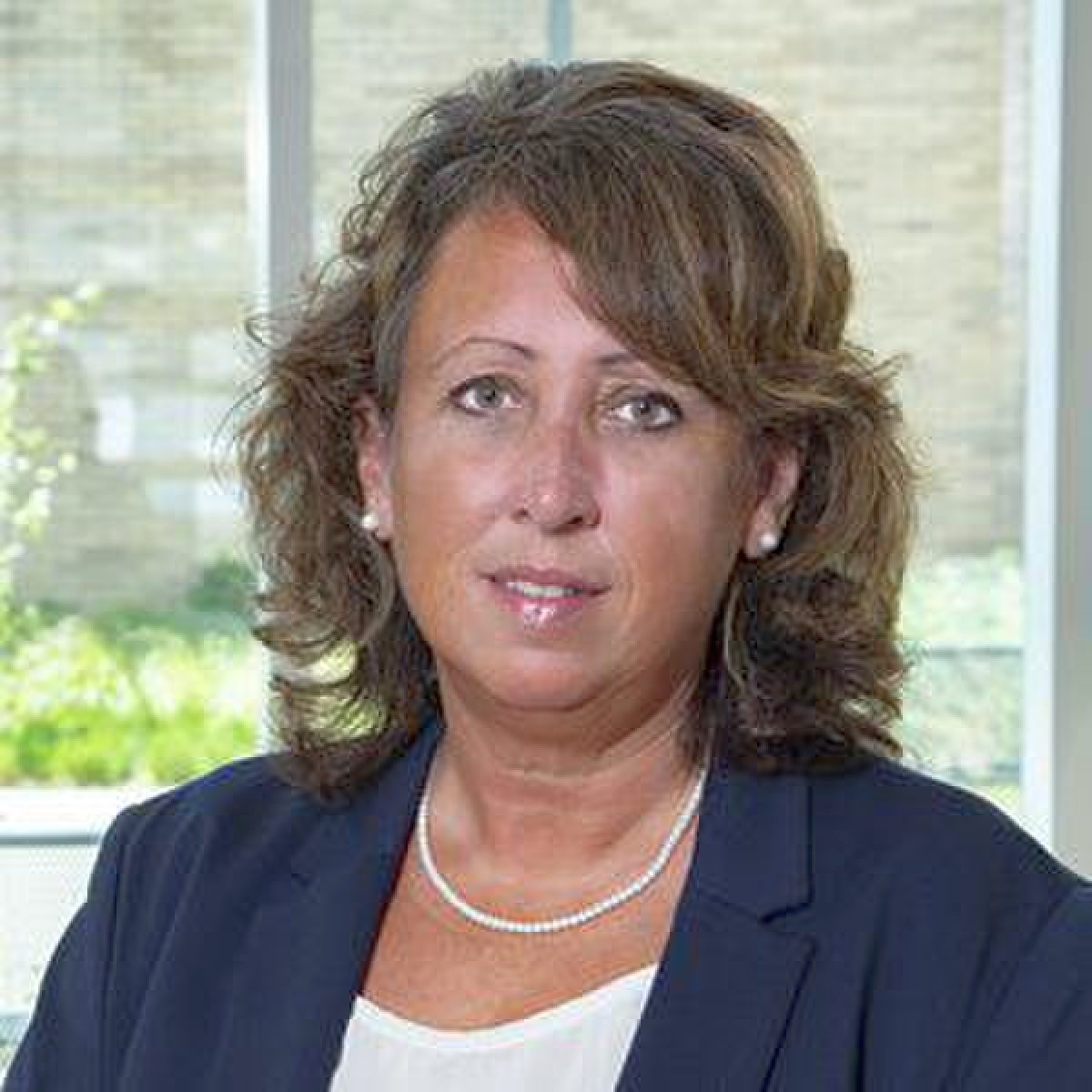
The benefits have been mutual between Schneck Medical Center and 14 long-term care facilities.
Since 2013, the Seymour hospital has partnered with operators of nursing homes around the state, including three in Jackson County, to access additional Medicaid funding, said Debbie Mann, vice president of finance and chief financial officer for Schneck.
“Currently in the state of Indiana, Medicaid doesn’t cover the cost for us to provide care to hospital patients nor does it cover the cost for nursing homes to provide care for their residents,” she told the Schneck board of trustees during a recent meeting.
“There’s a provision in the law that allows us to access additional Medicaid funding basically to bring that funding up to the Medicare level,” she said. “By partnering with ourselves as a county hospital and the nursing homes, we’re both able to access this additional Medicaid funding. This program is allowable under current state and federal regulations, and we definitely operate the program within those guidelines.”
Nursing homes have been added over the years. The list includes:
Bertha Garten Ketcham Memorial Center (Odon)
Crown Point Christian Village
Hoosier Christian Village (Brownstown)
Lutheran Community Home (Seymour)
Covered Bridge Health Campus (Seymour)
StoneBridge Health Campus (Bedford)
Signature HealthCARE of Muncie
Signature HealthCARE at Parkwood (Lebanon)
Signature HealthCARE of Terre Haute
Signature HealthCARE of Newburgh
Signature HealthCARE of Fort Wayne
Signature HealthCARE of South Bend
Signature HealthCARE of Lafayette
Signature HealthCARE of Bluffton
Mann said the Lafayette facility once was under state focus review, but she was happy to report that has been alleviated and no longer is a concern. Also, the Bluffton facility closed in late 2020.
Through the partnership, Mann said Schneck has been able to provide resources to the facilities that they might not normally be able to do on their own. Those include:
Schneck/intergovernmental transfer partner metrics
Antibiotic stewardship
Sepsis watch tool
Urinary tract infection screening tool
Respiratory care processes
Schneck Foundation education programs
Long-term care provider
Annual wellness visit/advance care planning program
Transitional care collaborative/interact models
Advance care planning documents
Nurse practitioner staff education
Pain scale
Interact tools (Stop and Watch and Situation, Background, Assessment and Recommendation)
Medication reduction
Hourly rounding
Hiring for Excellence program
Weekly conference calls
“Just a number of things that we’ve worked with them to help improve their level of care to their residents,” Mann said.
The Medicaid funds have allowed nursing homes to do such things as construct a supervised shared living home, expand a rehab program, expand city water to increase capacity, add assisted living memory care units, purchase equipment and enhance recruitment/retention processes.
Schneck, meanwhile, has used the funds for its acute care operations.
That includes a cost to operate program, purchase of county-owned ambulances and ambulance station, renovation and expansion of the intensive care unit, construction of an addition to the Schneck Professional Building to house new specialty and primary care physicians, addition of surgical suites to accommodate new surgical specialties and planned replacement of an aging linear accelerator used to treat cancer patients.
“It has really benefited the nursing homes to let them have funds that they wouldn’t normally have had to improve their services, and the same with Schneck,” Mann said of the partnership.
